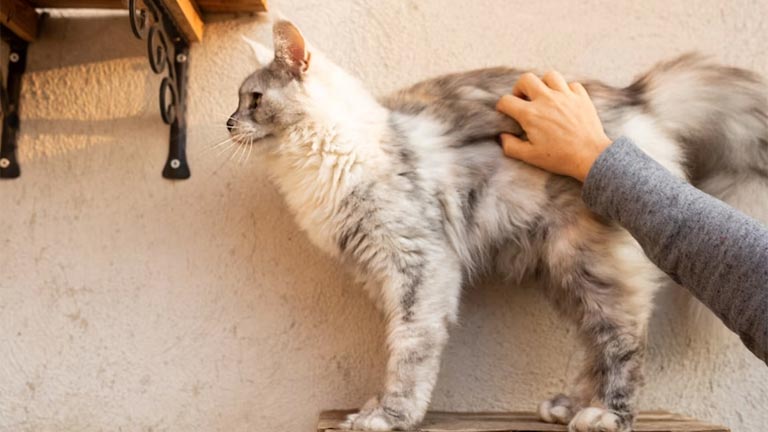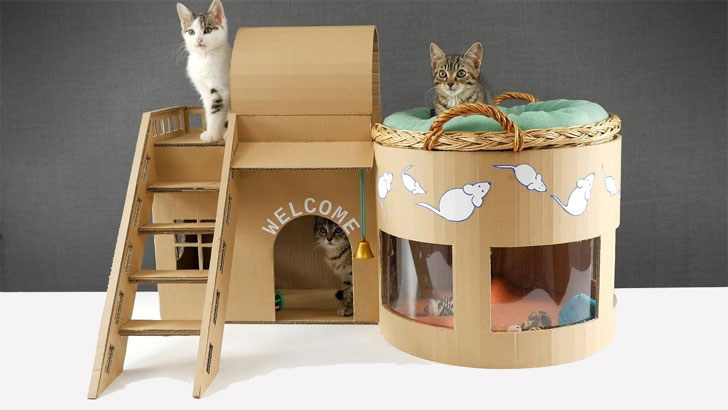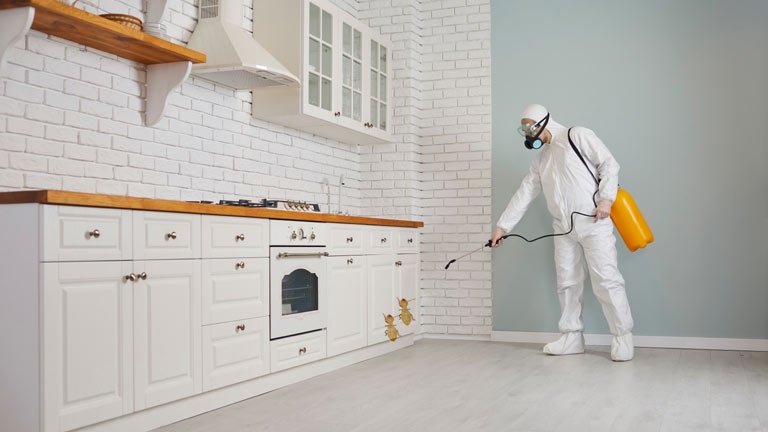
As our feline companions age, they become more susceptible to a range of health problems and require special attention to ensure they age gracefully. Providing the best care for your senior cat involves more than just feeding and grooming. It requires a deep understanding of their changing needs and a willingness to adapt to those changes.
In this article, we’ll explore some of the key things you can do to ensure your senior cat remains healthy, happy, and comfortable in their golden years. From understanding the signs of aging to providing a nutritious diet, regular exercise, and medical care, we’ll cover everything you need to know to help your senior cat thrive. So, whether you’re a long-time cat owner or just starting out, read on to discover how you can provide the best possible care for your furry friend.
Understanding the Aging Process in Cats
Like humans, cats experience a variety of physical and mental changes as they age. These changes can begin as early as 7 years old and can manifest in different ways, depending on the cat’s breed, genetics, and lifestyle. Signs of aging in cats include:
Changes in Appearance
As cats age, their fur may become thinner and less shiny. They may develop bald spots, particularly around the ears and tail. Additionally, their skin may become less elastic and more prone to infections.
Decreased Activity and Mobility
Senior cats may become less active and prefer to spend more time sleeping. They may also have difficulty jumping onto high surfaces or climbing stairs.
Changes in Behavior and Personality
Cats may become more irritable or anxious as they age. They may also become more vocal or clingy and may develop new habits, such as hiding or avoiding social interaction.
Increased Health Problems
Senior cats are more prone to a range of health problems, including arthritis, kidney disease, dental issues, and cancer. It’s important to keep an eye out for any changes in your cat’s behavior or physical appearance and to seek veterinary care if you suspect a problem.
Common Health Issues in Senior Cats
As cats age, they become more susceptible to a range of health problems. Some of the most common health issues in senior cats face:
Arthritis
Arthritis is a common condition in senior cats and can cause pain, stiffness, and difficulty moving. It’s important to provide your cat with a comfortable and supportive bed and to encourage gentle exercise to help keep their joints limber.
Kidney Disease
Kidney disease is another common health issue in senior cats. Symptoms may include increased thirst and weight loss, urination, and vomiting. A diet that’s low in protein and high in moisture can help support kidney function.
Dental Issues
Senior cats are more prone to dental issues, such as tooth decay and gum disease. Regular dental check-ups and cleanings can help prevent these problems and ensure your cat’s teeth and gums stay healthy.
Cancer
Cancer is a serious health issue in cats of all ages, but the risk increases as they age. Regular veterinary check-ups can help detect cancer early and improve the chances of successful treatment.
Tips for Providing the Best Care for Your Senior Cat
Providing the best care for your senior cat involves a combination of factors, including proper nutrition, exercise, and medical care. Here are some tips to help keep your senior cat healthy and happy:
Proper Nutrition and Diet for Senior Cats
Senior cats have different nutritional needs than younger cats and may require a diet that’s lower in calories and higher in protein. It’s also important to ensure your cat’s diet is well-balanced and includes all the necessary vitamins and minerals.
Exercise and Playtime for Senior Cats
Regular exercise and playtime can help keep your senior cat’s muscles and joints healthy and improve their overall well-being. Activities like gentle play, chasing a laser pointer, or climbing a scratching post can all be beneficial.
Creating a Safe and Comfortable Environment for Your Senior Cat
As cats age, they may become more sensitive to changes in their environment. Creating a comfortable and safe space for your senior cat, with plenty of cozy beds, hiding places, and familiar toys, can help reduce stress and anxiety.
It’s also important to keep their bathroom habits in mind, as older cats tend to have a harder time going to the bathroom. You can help aid this by finding a litter box along with litter that they like. Some cats like to use litter boxes that have an enclosed top, but others may like to use a litter box tray that is more open. You can also add accessories to your cat’s litter box, such as a mat that catches stray litter or a scent trapper. It’s important to test different products out to see what your cat is most comfortable and happy with.
Regular Veterinary Care and Check-Ups
Regular veterinary care is essential for ensuring your senior cat remains healthy and detecting any health problems early. Your vet may recommend more frequent check-ups for senior cats, as well as specific tests and treatments to help manage age-related conditions.
Alternative Therapies for Senior Cats
Alternative therapies, such as acupuncture and massage, can be beneficial for senior cats with arthritis or other health problems. Talk to your vet about whether these therapies may be helpful for your cat.
Conclusion
Caring for a senior cat can be a rewarding experience, but it requires patience, understanding, and a willingness to adapt to your cat’s changing needs. By providing proper nutrition, exercise, and medical care, as well as creating a comfortable and safe environment, you can help your senior cat enjoy their golden years to the fullest. If you have any concerns about your senior cat’s health or behavior, don’t hesitate to seek veterinary advice. With the right care and attention, you can help ensure your senior cat remains healthy, happy, and comfortable for years to come.




